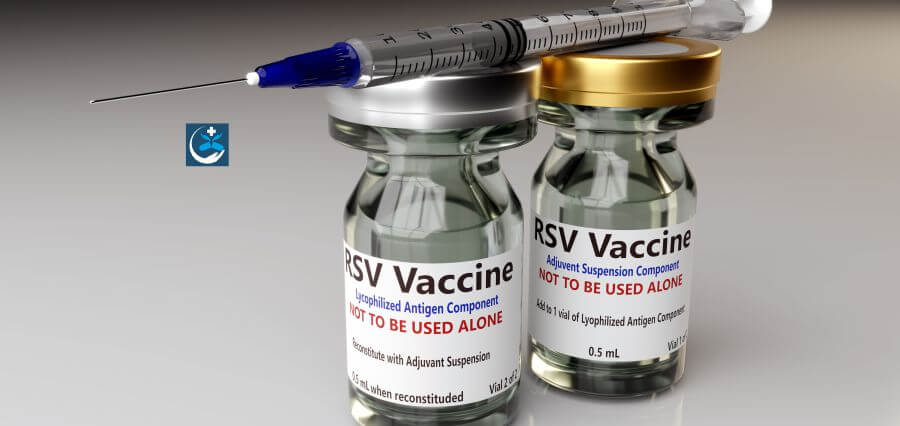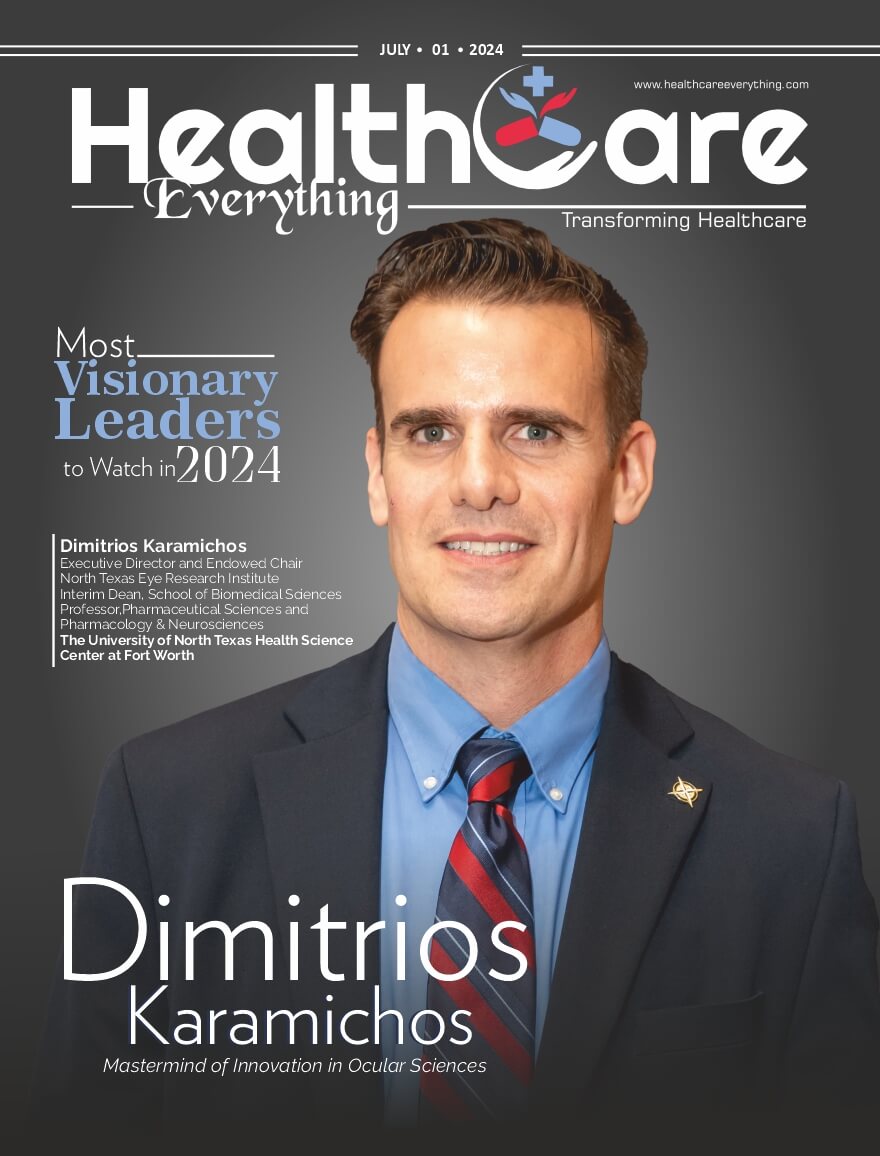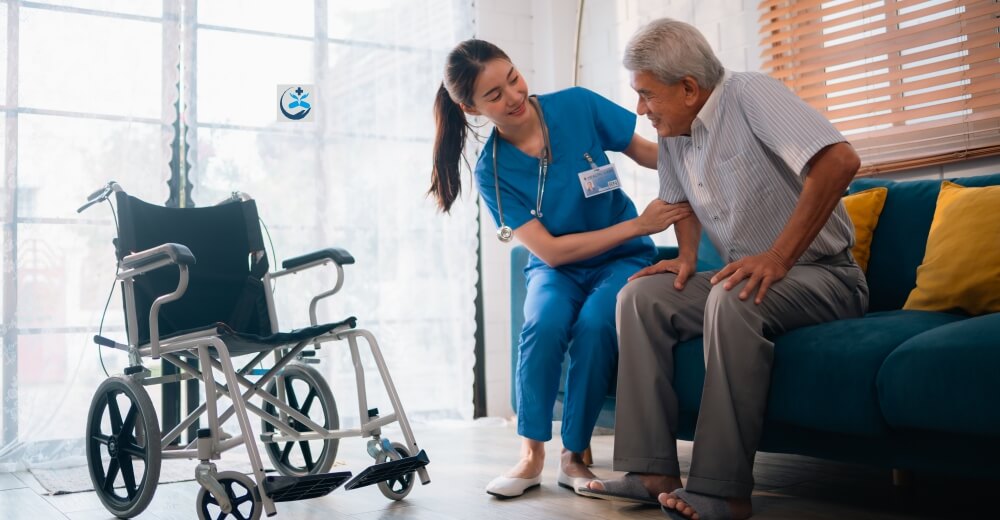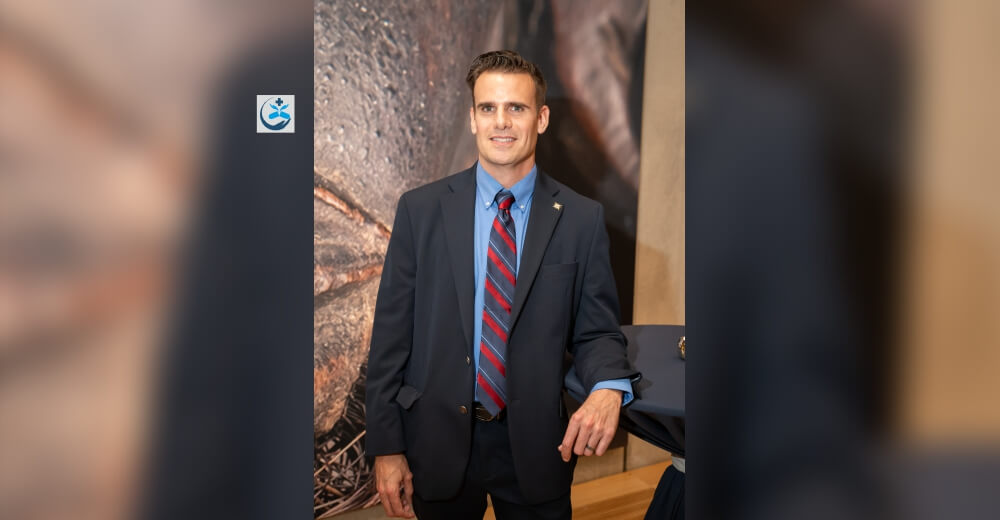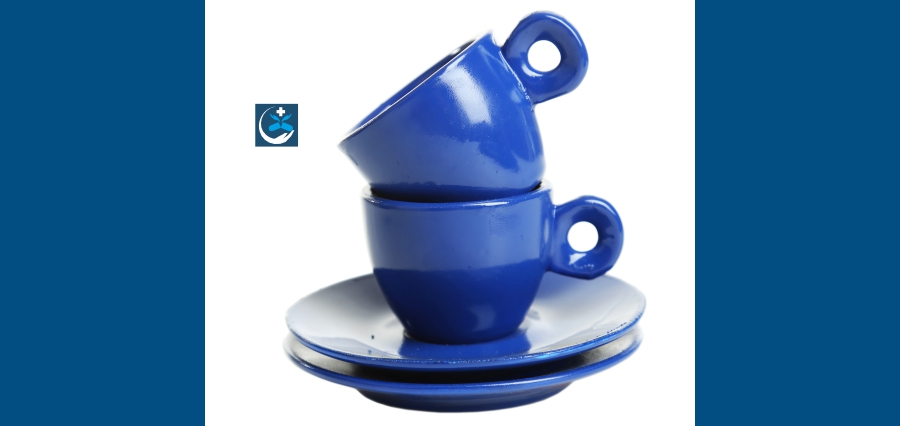Thousands of infants in Western Australia will now receive protection against the RSV virus, thanks to the state government’s successful procurement of vaccines for all newborns. This achievement represents the first supply agreement in the southern hemisphere for the immunization nirsevimab, marketed as Beyfortus, according to the Immunization Foundation of Australia. Respiratory syncytial virus (RSV) remains the leading cause of hospitalizations among Australian children under the age of five.
“The action taken by the WA government to procure RSV infant immunization prior to the onset of winter will protect some of the most vulnerable individuals within our community,” stated Catherine Hughes AM, founder and director of the Immunization Foundation of Australia. “WA continues to lead the charge against vaccine-preventable illnesses. It was among the pioneers in implementing a maternal whooping cough immunization initiative, the first to offer influenza vaccines for children, and now stands as the first to shield all infants from severe RSV.”
Children under the age of eight months will qualify for complimentary vaccinations at birthing hospitals, general practitioner offices, and health clinics starting in April. Additionally, infants up to 19 months old, who face an elevated risk of severe RSV, will also have access to free vaccines beginning April. Clinical trials of the immunization showed an 83 percent decrease in the number of infants hospitalized due to RSV.
“Given the average of 12,000 RSV-related hospitalizations annually among Australian infants, widespread availability of Beyfortus could alleviate pressure on both families and our healthcare system throughout the winter season,” remarked Hughes. Beyfortus is a single dose vaccine that provides protection against the virus for the entirety of the RSV season, typically spanning the end of autumn, as stated by the Immunization Foundation of Australia. Nirsevimab received approval from the Therapeutic Goods Administration late last year.
Read More: Click Here

